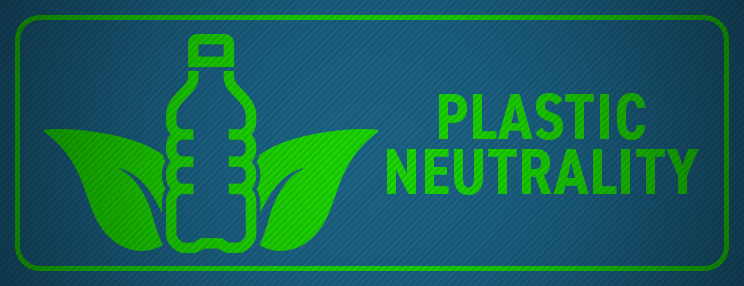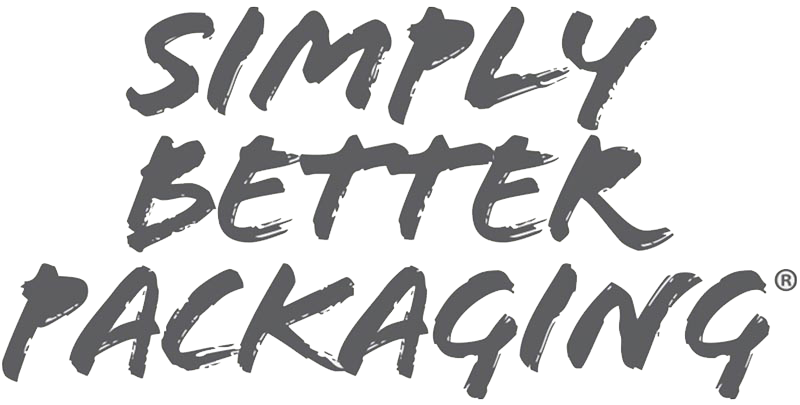Plastic Neutrality

Ways to Reduce Plastics Environmental Impact
By Catherine Haub
Now more than ever, individuals and companies are looking for ways to reduce their ecological footprint, and one way they are doing so is by reducing the amount of plastic they use. This is beneficial in reducing the amount of plastic going into the environment, but what about the plastic that’s already there? Only 9% of plastic is recycled, and 12% is incinerated, which leaves the other 79% scattered throughout the environment [1]. Every year, 8 million tons of plastic end up in our oceans, harming the wildlife that lives there [2]. It is clear that to help the environment, the plastic that is already present should be gone.
This is where the term plastic neutral comes into play. Plastic neutrality means that for every amount of plastic used in production operations the equivalent of waste is removed from the environment through recycling and other waste management [3]. Taking plastic-neutral actions could be important to ridding plastic from the environment that endangers the wildlife that inhabits it, and if multiple companies take action, we can significantly reduce the amount of plastic found in nature. According to CBS News, four major companies produce 6 million tons of plastic each year, two-thirds of how much plastic ends up in the ocean [4]. If those companies committed to plastic neutrality, it would reduce the amount of plastic in the environment. It can’t just be those companies to make enough of an impact; more companies, big and small, should also make commitments to plastic neutrality to have the greatest possible impact. Luckily, there are many ways in which a company can do so!

One-way companies can work towards plastic neutrality is by partnering with companies that will clean up the waste from the environment. An example of this would include 4Oceans, which has many different partnership opportunities [5]. These partnerships include being fully plastic-neutral, cleaning up one pound of plastic for every order sold, and companies recovering a specific amount of plastic from the environment [5]. If a company decides to work with 4Oceans, they can slowly take steps toward plastic neutrality, starting with removing a fixed amount every so often to being fully plastic neutral. Cleanups is another organization that a company can host their cleanup or join another cleanup group in the area [6]. Another way companies can commit to plastic neutrality is through increased recycling efforts [7]. By recycling, we reduce the amount of plastic that could potentially end up in the environment, and it’s not incinerated, making it better for the environment. Recycling ensures that recyclable plastic should end up where it belongs: in new products! Companies should promote recycling around the efforts and educate employees on what items can and cannot be recycled.
[1]Plastic pollution, explained – EHN
[2] 8 Shocking Plastic Pollution Statistics to Know About | Earth.Org
[3] What Does It Mean to Be Plastic Neutral? (natalist.com)
[4] These 4 companies produce 6 million tons of plastic every year – CBS News
[5] 4ocean Cleanup Partnerships (4oceanpartnerships.com)
[6] CleanUps
[7] A Simple Guide To Becoming A Plastic Neutral Business | Positive Planet
ABOUT PLACON
Since 1966, Placon has been a leading designer and manufacturer of innovative and sustainable plastic packaging for medical, food, and consumer goods markets. Placon has manufacturing operations in Madison, WI; West Springfield, MA; Elkhart, IN; and Plymouth, MN, and is currently ranked in the Top 20 in Plastics News 2024 Thermoformers Rankings. Placon delivers packaging breakthroughs that inspire better engagement between people and products.




